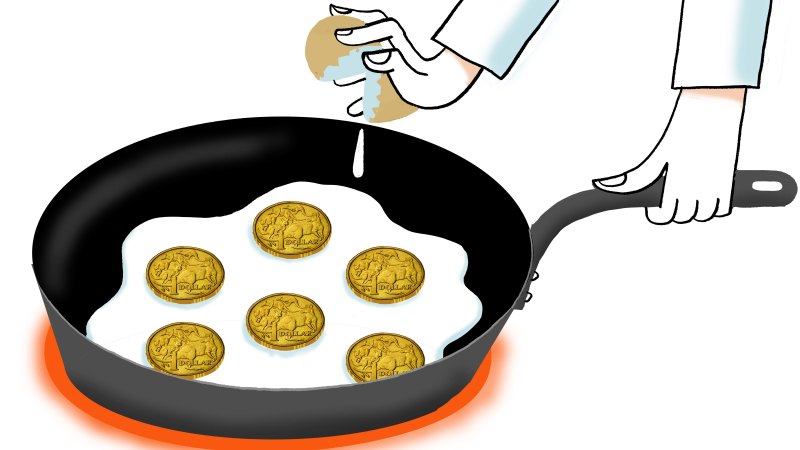I have a question on behalf of my parents who are going to retire in the upcoming years – it concerns the compounding element within their super fund. When they reach retirement and dip into their superannuation fund, will the fund still compound while they are taking money out? They will sell the family home and downsize. When all the transactions take place they will likely have about $1.3 million left. I was thinking we could have two superannuation funds, one to compound and one to be living on. Would appreciate your thoughts.
A superannuation fund will grow with the earnings on the assets, and the balance will be reduced by any withdrawals from that fund. You could think of it like a home loan – even though you are making repayments on the home loan the interest is still being added to the outstanding principal. There is no need to have a separate account for superannuation unless you have a specific reason to keep the account separate. The compounding effect will happen automatically.
There is no need to have a separate account for superannuation unless you have a specific reason to keep the account separate.Credit:Simon Letch
I am 45 and have $400,000 in BT Funds Management and $200,000 Colonial First State in Australian and international share-based managed funds which I have not been adding to or touching for quite a few years (except having the dividends reinvested). However, for the past few years, I have been paying over $20,000 in income tax. Do you think this is due to larger than normal capital gains events triggered in these managed funds? Do you know if this is happening more than usual lately and if so, do you know why the managed funds companies are triggering capital gains events more than usual and when this strategy of the managed funds companies might stop?
The amount of realised distributions that are handed down to investors via the annual tax statement varies from fund to fund, in line with the policy of that fund regarding investment. However, you have highlighted a problem with investing in unlisted managed funds – because they are unit trusts, all realised capital gains have to be distributed to the unit holders in that fund.
This does not happen with exchange-traded funds (ETFs) because all the profits and losses are kept within the fund, and would usually be reflected in the price of the ETF. But there is no perfect investment – a managed fund is usually valued at its Net Tangible Asset NTA. Not all ETFs always match the NTA.
You have written before about how much money can be accumulated if a child contributes $1000 a year into superannuation from their employment and so becomes eligible for the government co-contribution of $500. I was thinking of contributing to my son’s super while he is at the age of five and am wondering what would be the amount, and whether there is any restriction upon doing this contribution?
Sadly, it is not that easy. To be eligible for the government co-contribution it needs to be a personal contribution, and in addition, the individual who made the non-concessional contribution during the financial year must also receive 10 per cent or more of their total income for the year from eligible employment, carrying on a business, or a combination of the two. It should be feasible if he gets employment as a young teenager.
I retired 18 months ago and will be turning 66 in June. I have $200,000 in super and my wife, aged 65, has $400,000 in super. I also have a unit worth $550,000 which is currently occupied by my daughter rent-free. Is it a good idea to transfer it to her name to get some extra pension? And how do I go about achieving this?
I am assuming your wife’s super is in accumulation, and if so, it is not counted until she reaches age pension age. If this is the case, just your super of $200,000 and a unit worth $550,000 is counted as assessable assets for age pension purposes, which is less than the $935,000 cut-off point for the pension, and you should qualify for a part-age pension.
If your wife’s super is in pension phase, then it will be counted as an assessable asset and combined you will exceed the cut-off threshold, and you will not qualify for the age pension. If you transfer your unit to your daughter, there could be a hefty capital gains tax bill, and Centrelink will still count it as an asset for five years. You’ve highlighted a major problem when parents try to help their children, and it is becoming increasingly common.
- Advice given in this article is general in nature and is not intended to influence readers’ decisions about investing or financial products. Investors should always seek their own professional advice that takes into account their own personal circumstances before making any financial decisions.
Noel Whittaker is the author of Retirement Made Simple and numerous other books on personal finance. Email: [email protected]
The Money with Jess newsletter helps you budget, earn, invest and enjoy your money. Sign up to get it every Sunday.
Most Viewed in Money
From our partners
Source: Read Full Article

